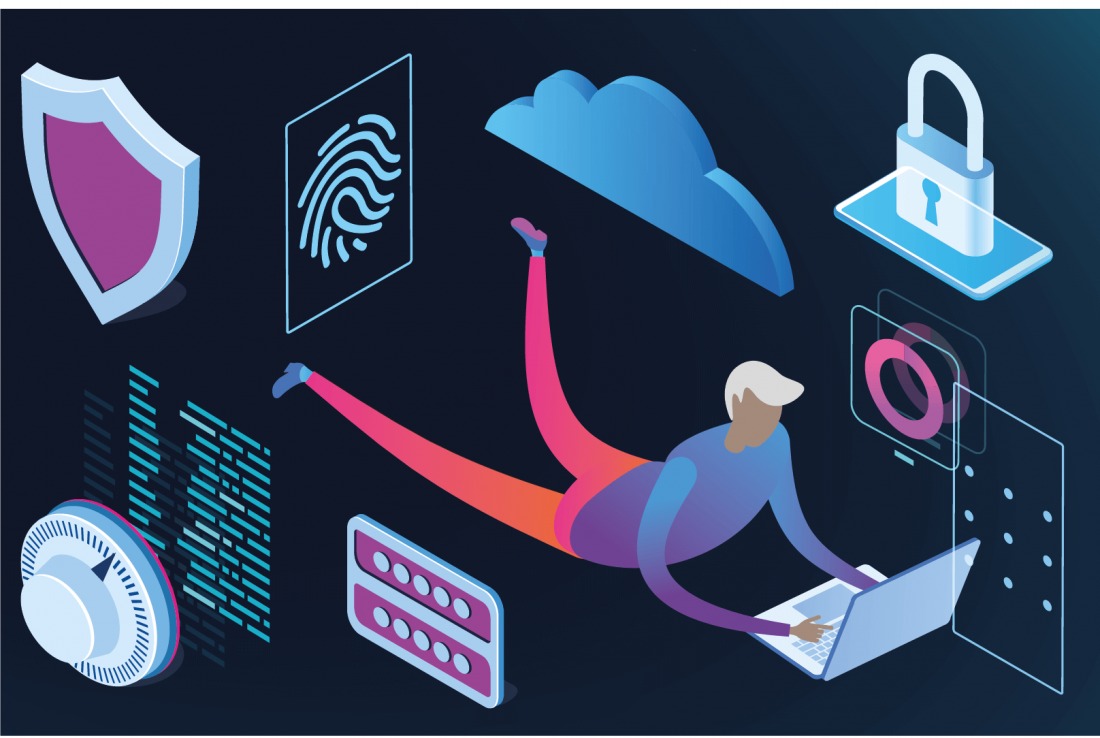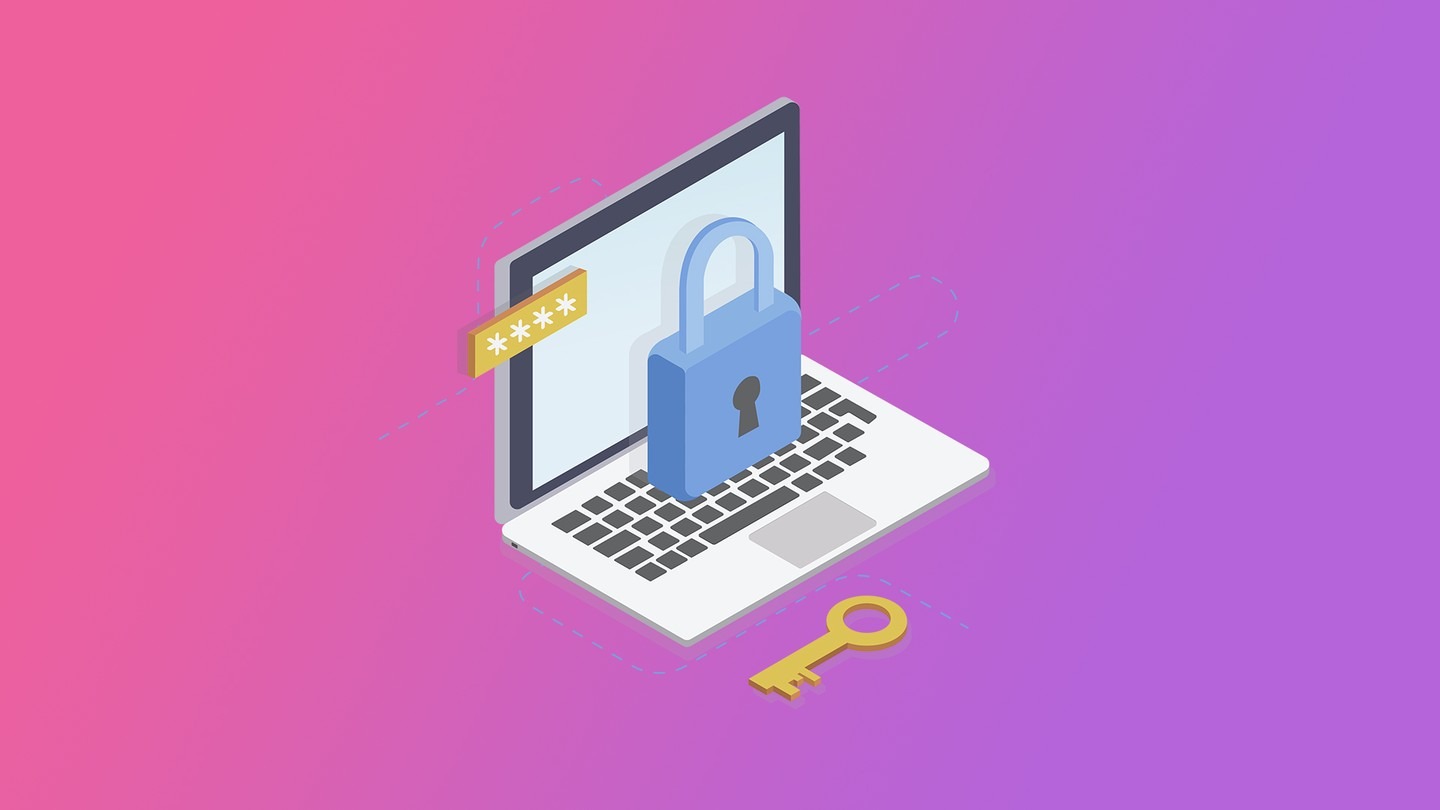In today’s digital age, staying safe online is more important than ever. With so much of our personal information stored and shared online, it’s vital that we take steps to protect ourselves from cyber threats. In this article, we’ll go over some tips and best practices for staying safe online.
The Importance of Online Safety
In today’s digital world, online safety has become more important than ever. The internet has opened up new opportunities for cybercriminals to access sensitive information. Cyber-attacks can result in financial loss, identity theft, and other harmful consequences. Therefore, it is essential to take necessary measures to stay safe online.
How to Stay Safe Online

In order to stay safe online, it is important to take necessary measures to protect your personal information. Here are some tips to help you stay safe online:
1. Use strong passwords
One of the easiest and most effective ways to protect yourself online is to use strong passwords. Your password is the key to your online accounts, so it’s important to make sure it’s difficult to guess. Use a combination of letters, numbers, and symbols, and avoid using the same password for multiple accounts. Consider using a password manager to keep track of your passwords.
2. Keep your software up to date
Keeping your software up to date is another important step in staying safe online. Software updates often contain security fixes that can protect you from cyber threats. Make sure to update your operating system, web browser, and any other software you use regularly.
3. Use two-factor authentication
Two-factor authentication (2FA) is an extra layer of security that can help protect your accounts. With 2FA, you’ll need to provide two pieces of information to log in to your account. For example, you might need to enter a password and then provide a code that’s sent to your phone. Many online services offer 2FA, so make sure to enable it whenever possible.
See also: How to choose the best phone to buy
4. Be cautious of phishing scams
Phishing scams are a common way for cybercriminals to steal personal information. These scams often involve emails or messages that appear to be from a legitimate source, but are actually fake. They may ask you to click on a link or provide personal information. Be cautious of any unsolicited emails or messages, and don’t click on links unless you’re sure they’re safe.
5. Use antivirus software
Antivirus software can help protect your computer from viruses and other malware. Make sure to use reputable antivirus software, and keep it up to date. Many antivirus programs offer real-time protection, which can help detect and remove threats as they occur.
6. Don’t overshare on social media
Social media is a great way to stay connected with friends and family, but it’s important to be careful about what you share. Avoid posting personal information, such as your home address or phone number, and be cautious of posting about your daily routine. Cybercriminals can use this information to target you or steal your identity.
7. Use a virtual private network (VPN)
A virtual private network (VPN) can help protect your online privacy by encrypting your internet traffic. This can help prevent hackers from intercepting your data, and can also help you bypass internet censorship. Make sure to use a reputable VPN service, and avoid using free VPNs, which may not be secure.
8. Be cautious of public Wi-Fi
Public Wi-Fi networks can be convenient, but they’re often not secure. Hackers can easily intercept data transmitted over these networks, so it’s important to be cautious when using them. Avoid accessing sensitive information, such as online banking or email, when connected to public Wi-Fi.
9. Use discretion when downloading files
Downloading files from the internet can be risky, as they may contain viruses or other malware. Only download files from reputable sources, and avoid downloading files from unknown websites or file-sharing networks.
10. Back up your data
Finally, it’s important to regularly back up your data. This can help protect you from data loss due to cyber threats or hardware failure. Consider using cloud-based backup services or external hard drives to store your data.
See also: How to unlock an Iphone
How can students stay safe online?
As students are increasingly relying on technology for their studies, it’s crucial to teach them how to stay safe online. Here are some tips for students:
- Use a strong and unique password for each account
- Avoid sharing personal information online
- Use a VPN when accessing public Wi-Fi
- Think before clicking on links or downloading attachments
- Report any suspicious activity to a teacher or parent
What are the three C’s of online safety?
1. Confidentiality
Confidentiality refers to the protection of personal and sensitive information. It is important to keep your personal information private and secure. Cybercriminals can use this information to steal your identity, financial information, and other personal data. It is essential to ensure that your personal information is protected by using strong passwords, two-factor authentication, and avoiding suspicious links.
2. Compliance
Compliance refers to adhering to online safety regulations and laws. It is essential to understand the importance of following regulations and laws related to online safety. This can help prevent cybercriminals from gaining access to your personal information. Compliance can also help in avoiding penalties and other legal consequences.
3. Continuity
Continuity refers to ensuring that your online activities are not disrupted by cyber-attacks. Cyber-attacks can cause significant damage to your computer systems, resulting in the loss of important data. It is crucial to ensure that you have backups of your data, use up-to-date software, and maintain the security of your devices.
In conclusion, staying safe online requires a combination of knowledge, caution, and the use of appropriate tools. By following the tips outlined above, you can take steps to protect yourself from cyber threats and keep your personal information secure. Remember, staying safe online is an ongoing process, so it’s important to stay vigilant and keep up with the latest best practices.
FAQs
Q1: What is the most important C of online safety?
All three C’s – confidentiality, compliance, and continuity – are important to staying safe online.
Q2: How can I protect my personal information online?
You can protect your personal information online by using strong passwords, two-factor authentication, and avoiding sharing sensitive information online.
Q3: Why is compliance important for online safety?
Compliance is important for online safety as it ensures that you are following regulations and laws related to online safety, which can help prevent cyber-attacks.
Q4: What is two-factor authentication?
Two-factor authentication is an additional layer of security that requires a user to provide two forms of identification to access an account.
Q5: How can I avoid falling victim to phishing attacks?
You can avoid falling victim to phishing attacks by being cautious of suspicious emails and links, and verifying the authenticity of any email before clicking on any links or providing personal information.










шкурка для стен
ремонт квартиры под ключ цена http://ceny-na-otdelochnye-raboty.ru/.
Адвокат по преступлениям
адвокат по экономическим спорам http://www.advokat-po-ehkonomicheskim-prestupleniyam.ru/.
ремонт квартир стоимость
ремонт квартир в москве цены http://ceny-na-otdelku-kvartiry.ru/.